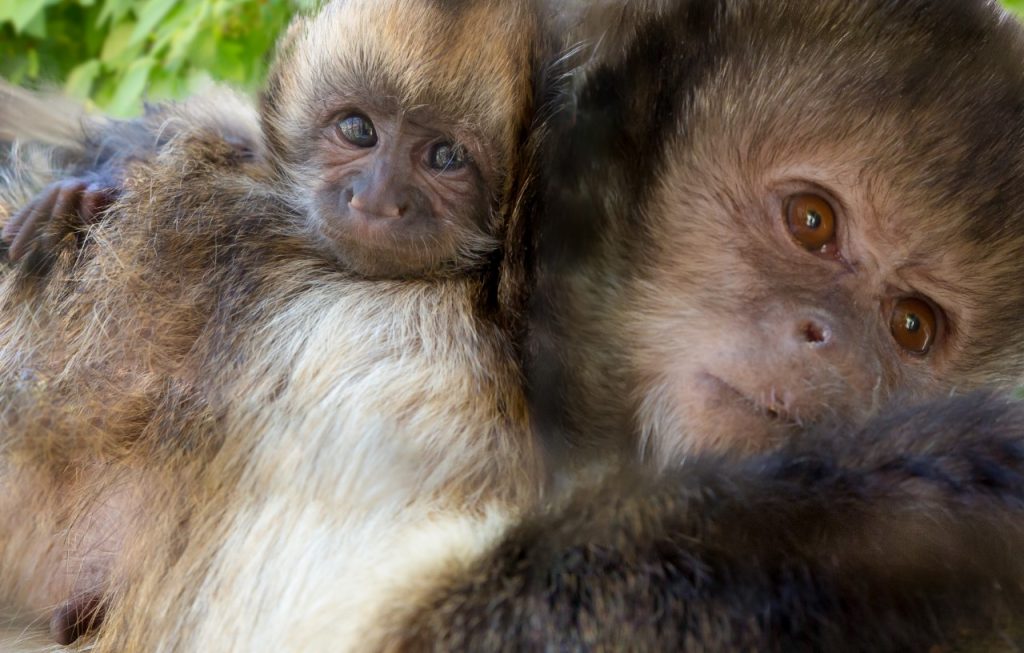Why the composition of the diet of bottle nose dolphins (Tursiops truncatus) is the best assessed of an energy basis rather than dry matter basis
Citation
Ardente AJ, Hill RC. 2013. Why the composition of the diet of bottle nose dolphins (Tursiops Truncatus) is the best assessed of an energy basis rather than dry matter basis. In Ward A, Coslik A, Mahan K, Treiber K, Reppert A, Maslanka M, Eds. Proceedings of the Tenth Conference on Zoo and Wildlife Nutrition, AZA Nutrition Advisory Group, Salt Lake City, UT.
Abstract
Dietary nutrients can be compared in three ways: ‘as fed’, or relative to either dry matter or energy content. Most published literature that evaluates the diet of bottlenose dolphins, Tursiops truncatus, compares nutrient content relative to dry matter, but dolphins consume a diet of whole fish and invertebrates that varies in fat and water content and energy density. The quantity of food that a dolphin must consume is determined by the amount of energy the animal requires to maintain its’ body condition. Thus, it is preferable to compare nutrient concentrations of dolphin diets relative to the metabolizable energy (ME) rather than dry matter. To illustrate this principle, data from three studies that compared the nutrient composition of fish species on a dry matter basis were reevaluated by comparing the nutrient content relative to metabolizable energy (ME) and on an ‘as fed’ basis.1-3 ‘As fed’ energy densities differed markedly among fish species. As a consequence, differences between nutrient concentrations among fish species were either over- or underestimated on a dry matter basis. The most notable discrepancies were evident among important nutrients, such as crude protein, water, and sodium, with differences up to three fold higher relative to energy than relative to dry matter. Caretakers of managed dolphins must take account of differences in energy density when deciding how much to feed and also when assessing the nutrient composition of the diet. This may have important consequences for maintaining the health of managed dolphins.
 23_Ardente.pdf 93 KB
23_Ardente.pdf 93 KB








